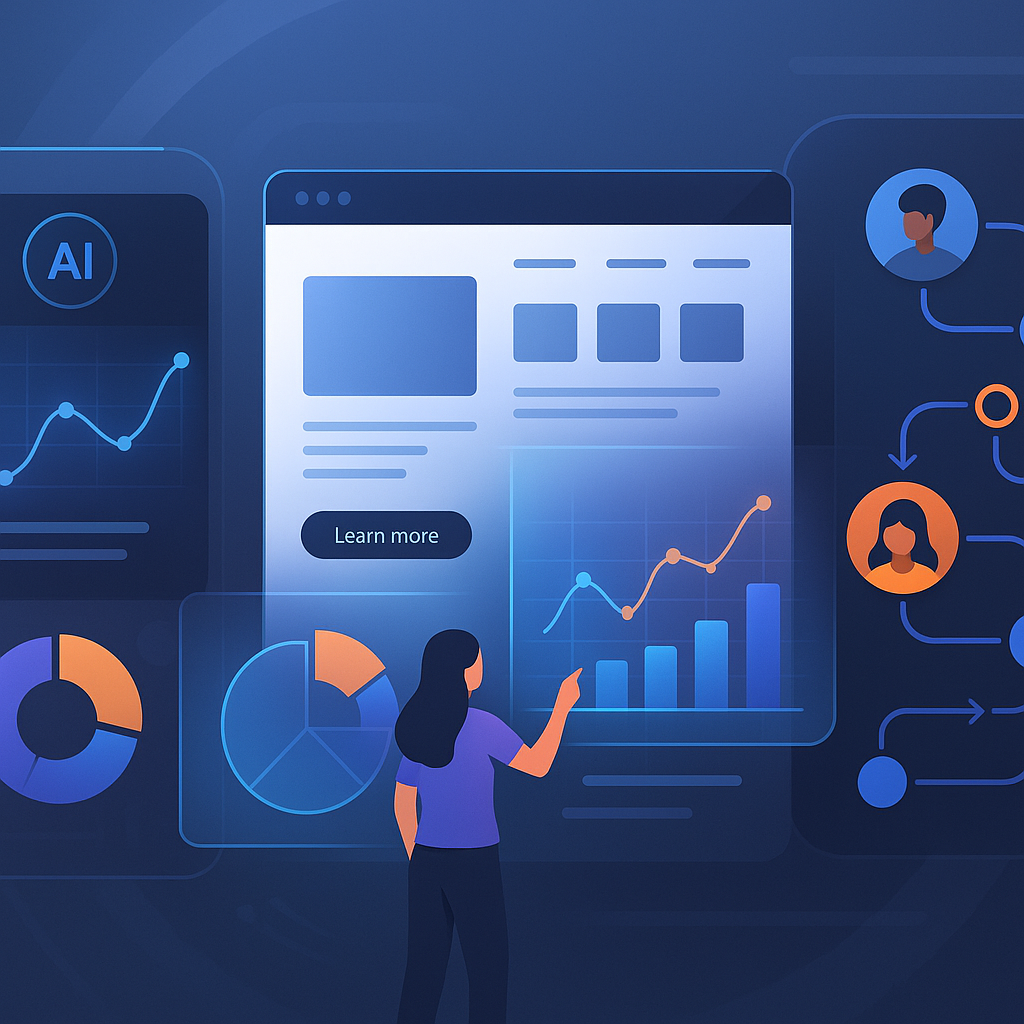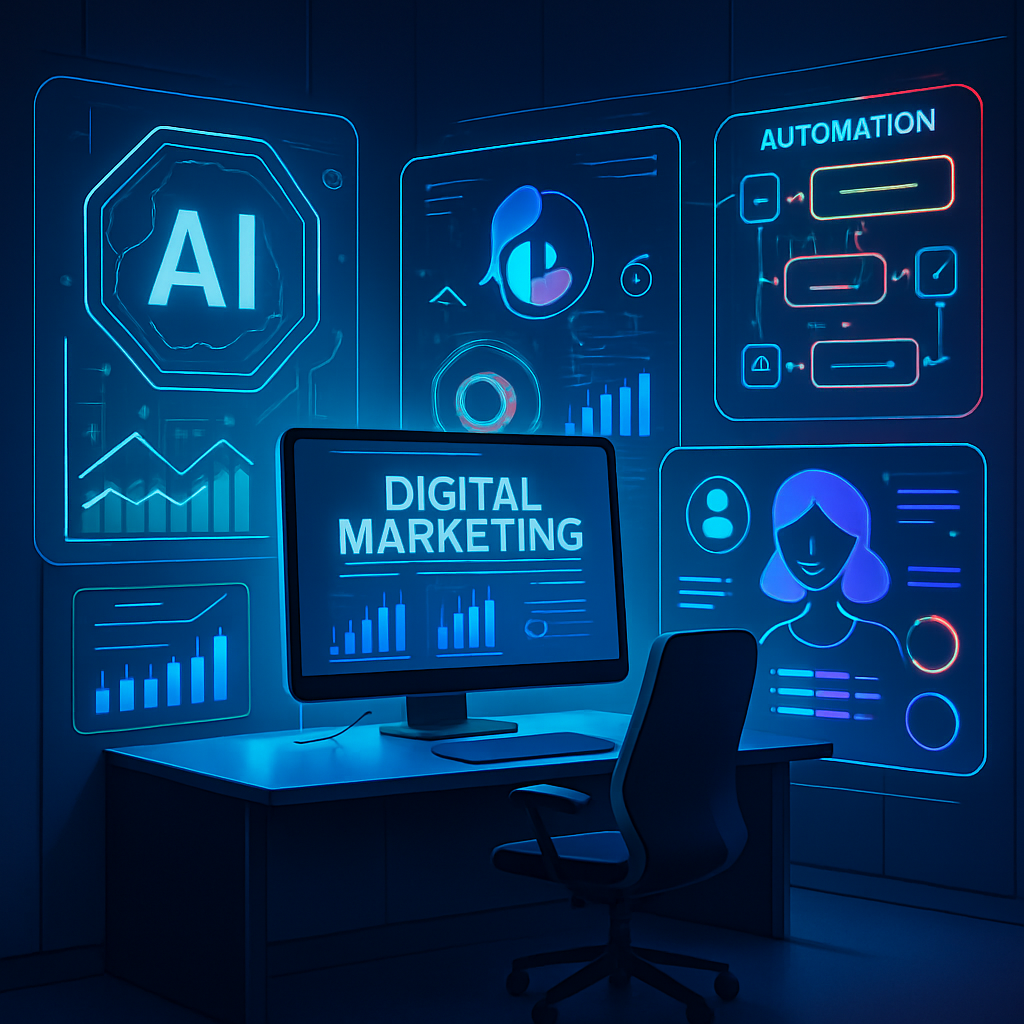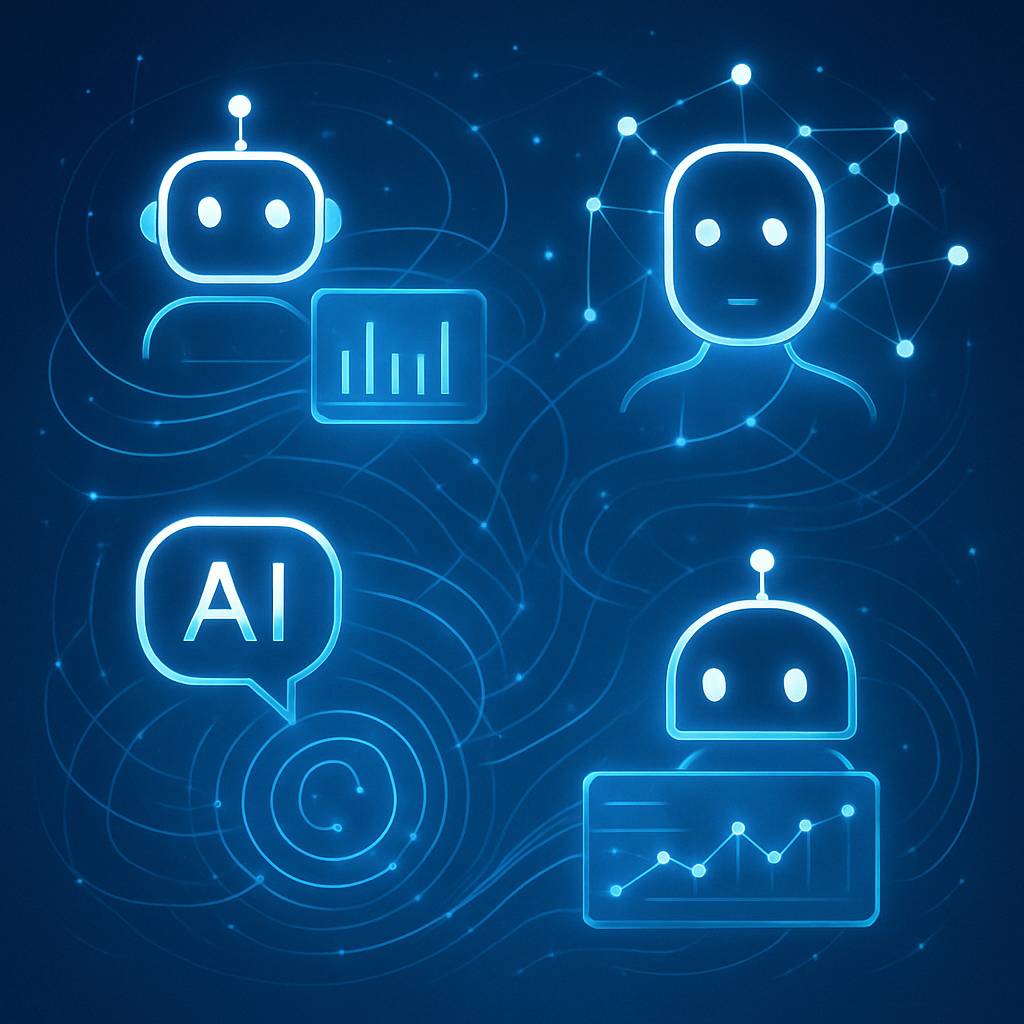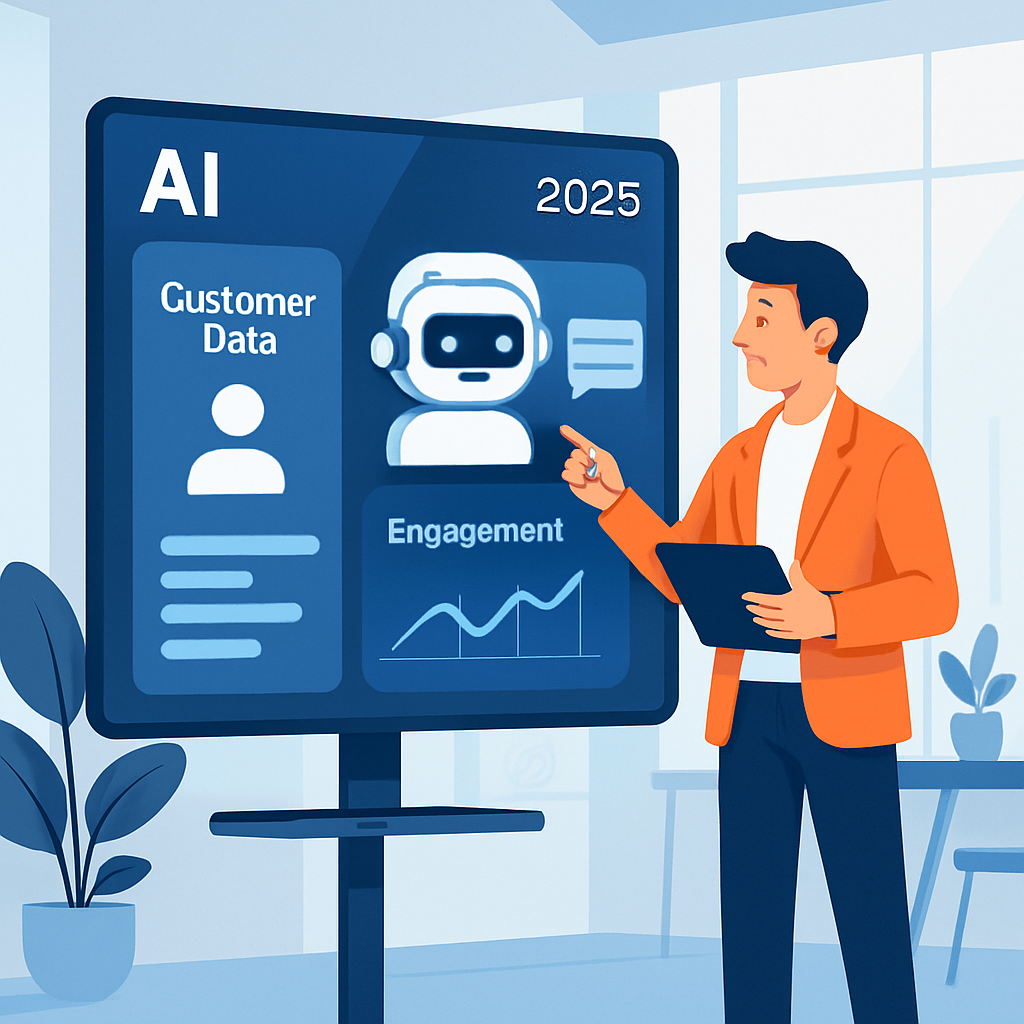
How AI is Transforming Marketing Automation and Website Engagement
The New Era of AI in Marketing Automation
The landscape of marketing automation in 2025 is undergoing a seismic shift, driven by advanced artificial intelligence capabilities. Machine learning algorithms have evolved beyond simple task automation to become sophisticated decision-making partners that dynamically optimize marketing strategies in real time. These AI systems analyze massive datasets—far beyond traditional CRM capabilities—enabling marketers to predict customer behavior, segment audiences with new precision, and tailor messaging that resonates deeply.
Dynamic Personalization at Scale
Unlike traditional automation setups that relied on static rules, modern AI leverages continuous learning to personalize marketing at an individual level. For example, leading platforms now integrate natural language processing with user interaction data to generate personalized email content, offers, and product recommendations. This hyper-personalization is made possible by AI models that continuously update from customer actions, adjusting messaging instantly rather than waiting for manual campaign resets.
Predictive Engagement Models
AI-driven predictive analytics have matured into tools that forecast not only purchasing likelihood but also broader engagement trends. By analyzing multichannel touchpoints, AI helps marketers understand the optimal timing and channel for outreach. Some companies now deploy intelligent automation that triggers highly targeted campaigns moments after detecting specific customer signals, such as changes in browsing pattern or social media sentiment.
AI’s Role in Revolutionizing Websites
The website, long the cornerstone of digital presence, has become a dynamic AI-powered platform enhancing every stage of the customer journey. The latest innovations blend AI-driven design, content generation, and interaction management to create adaptive, responsive, and highly engaging experiences.
AI-Enhanced User Experience
Modern websites employ machine learning algorithms embedded within UX frameworks that personalize navigation, content layout, and even visual themes based on visitor profiles and behavior. For instance, an ai-powered site may rearrange product displays in real time to highlight items predicted to interest a returning visitor or adjust calls-to-action according to engagement patterns.
Intelligent Chat and Virtual Assistants
Beyond chatbots, AI-powered conversational agents now perform complex tasks such as diagnosing customer needs, guiding users through intricate product configurations, and even negotiating service options. Their integration with websites means visitors gain personalized assistance instantly, boosting engagement and reducing friction in conversion funnels.
Automated Content Generation and SEO Optimization
Artificial intelligence assists website owners by generating SEO-optimized content tailored to target audiences and trending topics. Dynamic content tools update blogs, product descriptions, and landing pages to maintain relevance and drive organic traffic without sacrificing quality.
Real-World Examples and Innovations in 2025
Several corporations are showcasing how AI transforms their marketing and web strategies:
- Retail brands utilize AI to create personalized shopping experiences where product recommendations on websites adapt after every interaction, increasing conversion rates dramatically.
- Financial institutions employ AI in marketing automation to detect nuanced client needs and deploy tailored educational resources and financial product offers via their websites and email campaigns.
- Travel companies design AI-driven dynamic pricing and itinerary-building features embedded into their websites, improving customer satisfaction and boosting upsell opportunities.
The Intersection of AI-Driven Marketing Automation and Website Experience
The true power of AI in 2025 lies in the seamless integration of marketing automation systems with adaptive websites. AI platforms can share insights bidirectionally—marketing automation adapts campaigns based on website engagement data while websites refresh content and structure based on campaign responses. This closed-loop system creates personalized experiences across channels without manual intervention, ensuring customers receive consistent, contextually relevant interactions throughout their journey.
Challenges and Ethical Considerations
With AI’s increasing influence over marketing and website experiences, challenges around data privacy, transparency, and bias have become central concerns. Organizations must balance AI’s capabilities with user trust, implementing clear consent models, ensuring algorithmic fairness, and providing controls for customers to manage personalization preferences.
Looking Ahead: Continuous Transformation
As AI technologies progress, the boundary between marketing automation and website experience will continue to blur. Emerging innovations such as AI-powered immersive experiences using augmented reality and voice interfaces promise to further transform customer engagement and conversion. The brands that embrace these advancements thoughtfully will redefine digital interaction in ways unimaginable just a few years ago.
In this ongoing evolution, AI is more than a tool—it is becoming the intelligent backbone of marketing strategy and digital presence, fundamentally reshaping how companies connect with and convert their customers in 2025 and beyond.







